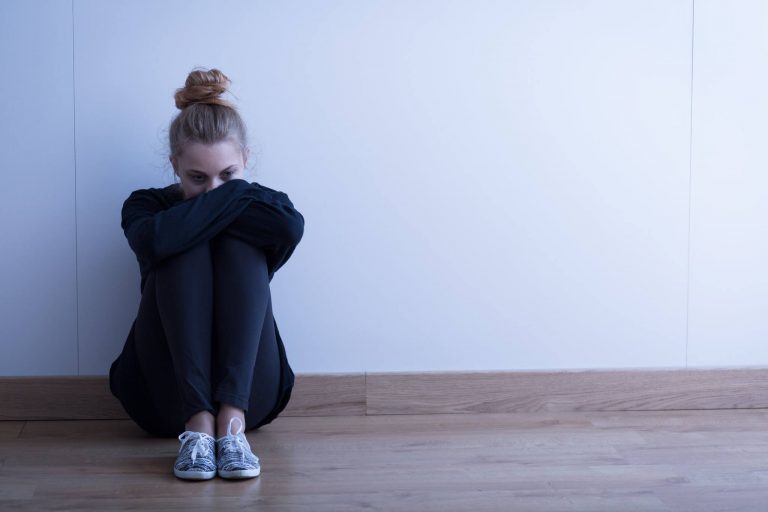According to a survey, revenge porn victims have grown from 8 per cent in 2019 to 15 per cent in 2012, but the number of people who report the abuse has dropped.

A new survey shows that the number of revenge porn victims has doubled over the last two years. But, in spite of the growth of victims, complaints have decreased.
An act first made publishing private sexual images and videos an offence in 2015.
Moreover, it has been proposed to punish with two years in prison even those who threatened someone to share such images.
Revenge porn victims grow by 100 per cent
The research, carried by law firm Slater and Gordon, found that 15 per cent of the 2,006 people involved have been victims of revenge porn.
Whereas its first research in 2019 showed that people, whose sexually explicit images were shared without their consent, were 8 per cent.
This increasing trend is also confirmed by the fact that respondents who knew a victim of revenge porn has grown from 9 to 40 percent.
On the other side, 9 per cent of surveyed people acknowledged sharing private sexual images unbeknownst to the sender, up by 4 per cent two years ago. 26 per cent of those claimed it was “just a laugh”; 24 per cent believed the photos were their own property, therefore they had the right to share them.
Survey was first carried out in 2019, since an increasing number of clients were threatened with revenge porn during divorce. As if to confirm this, the research found that about three-quarters of revenge porn victims were women and around a quarter of culprits were male ex-partners. Besides, in 42 per cent of cases revenge porn was used to try to force someone back into a relationship.
Most victims don’t report the abuse
Despite an ever-growing number of revenge porn victims, only 32 per cent of them reported the abuse to the police. Conversely, in 2019, 38 per cent of victims noticed the threat. Feelings of shame and public embarrassment seem to be the major causes of this event, as and 54 per cent declared they would report the matter if they were able to remain anonymous and two-thirds of the respondents told they would if they knew it would be taken seriously.
Slater and Gordon’s lawyer Holly Atkins deems these data “deeply worrying”, since they thought a greater awareness of the problem would have led to a decrease of revenge porn abuse.
Atkins stressed: “It was certainly worrying to also see an increase into the number of people who have shared images without consent, stating that it was their content to share or it was, simply, a bit of fun”. Revenge porn and its effects on victims should not be underestimated, since there’s no difference from other forms of mental and emotional abuse, added Atkins.
READ MORE:




